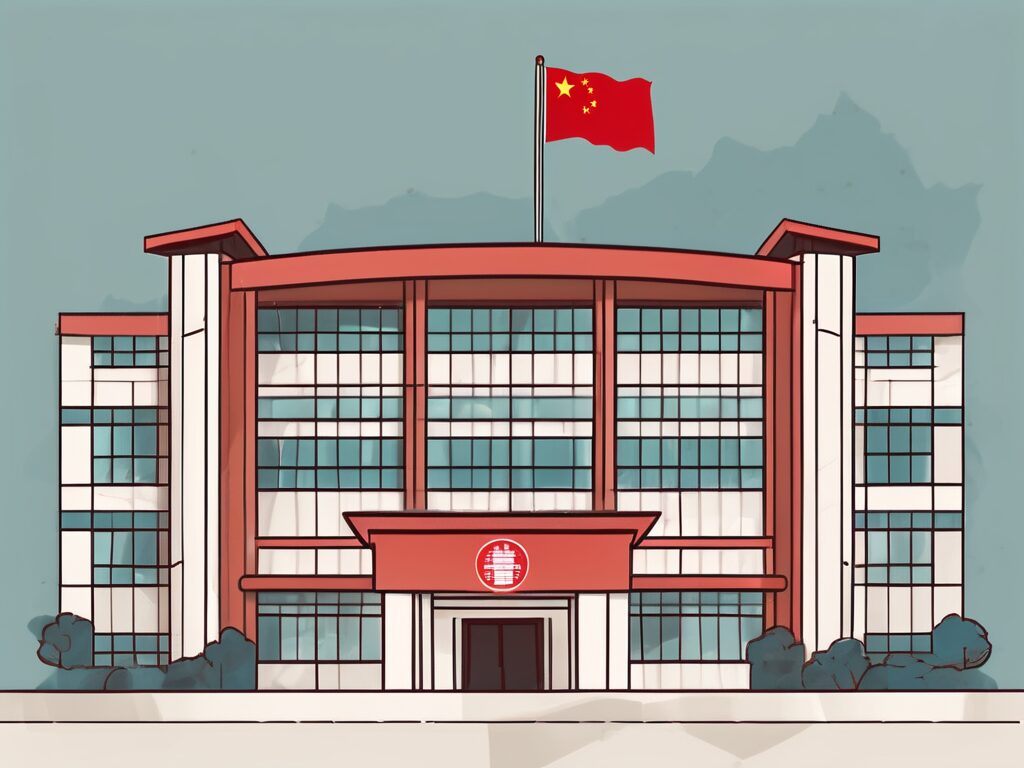Teaching abroad can be a rewarding experience, offering the chance to immerse oneself in a new culture, learn a new language, and make a difference in the lives of students. However, it can also present a unique set of challenges, particularly for international teachers working in China’s public schools. In this blog post, we’ll delve into five key issues that IQTS international teachers often encounter in China, and provide some insight into how to navigate these hurdles.
1. Language Barriers
One of the most immediate challenges for IQTS teachers in China is the language barrier. While English is taught in most Chinese schools, the level of proficiency can vary greatly among students and staff. This can make communication in the classroom and with colleagues difficult.
It’s worth noting that many Chinese schools do provide Chinese language classes for their international teachers. However, Mandarin is a complex language to learn, particularly for native English speakers, and it can take time to become proficient. In the meantime, teachers often have to rely on translation apps or bilingual colleagues to help bridge the communication gap.
2. Cultural Differences
Another significant challenge for IQTS teachers in China is navigating cultural differences. Chinese culture is vastly different from Western culture, and this is reflected in the classroom. For example, Chinese students are typically more reserved and less likely to participate in class discussions than their Western counterparts.
Furthermore, Chinese schools often have a more formal and hierarchical structure than Western schools. Teachers are highly respected and are expected to maintain a certain level of authority in the classroom. This can be a difficult adjustment for teachers from more egalitarian cultures.
3. Teaching Methods
Teaching methods in China can also be quite different from those in Western countries. Chinese education tends to be more lecture-based, with a heavy emphasis on rote memorisation and exam performance. This can be a stark contrast to the more interactive and student-centred teaching methods often used in Western countries.
IQTS teachers may find it challenging to adapt their teaching style to fit these expectations. However, it’s also an opportunity to introduce more creative and interactive teaching methods into the classroom, which can be beneficial for both the teacher and the students.
4. Workload and Expectations
IQTS teachers in China often report a heavy workload and high expectations. In addition to teaching, teachers are often expected to participate in extracurricular activities, attend meetings and training sessions, and sometimes even assist with administrative tasks. This can lead to long working hours and a high-stress environment.
Furthermore, there is often a high level of pressure to ensure students perform well on exams. This can be particularly challenging for teachers who are used to a more relaxed and flexible educational environment.
5. Living Conditions
Finally, living conditions can be a challenge for IQTS teachers in China. While major cities like Beijing and Shanghai offer a high standard of living, smaller cities and rural areas can be quite different. Teachers may have to deal with issues such as poor air quality, limited access to Western food and goods, and a lack of English-speaking services.
However, it’s also worth noting that living in China can offer a unique and enriching cultural experience. Many teachers find that the benefits of living and working in China, such as the chance to learn a new language and experience a different way of life, outweigh the challenges.
In conclusion, while teaching in China’s public schools can present a number of challenges for IQTS international teachers, it’s also an opportunity for personal and professional growth. By understanding and preparing for these challenges, teachers can make the most of their time in China and have a positive impact on their students’ lives.
Enhance Your Teaching Career with The IQTS at UWE
Understanding the challenges of teaching in China’s public schools is just the beginning. If you’re ready to overcome these hurdles and elevate your teaching career to the next level, The IQTS at UWE is here to support you. Our International Qualified Teacher Status (iQTS) Programme is specifically designed to enhance your professional development, increase your chances of career progression, and connect you with a global community of educators. With our programme, you’ll gain a deeper understanding of international curricula and enjoy the flexibility to balance your studies with your teaching commitments. Don’t let barriers hold you back—join the ranks of satisfied educators who are now 65% more adaptable in the global education landscape. Make Your Next Step with the iQTS programme and transform your teaching journey today.

